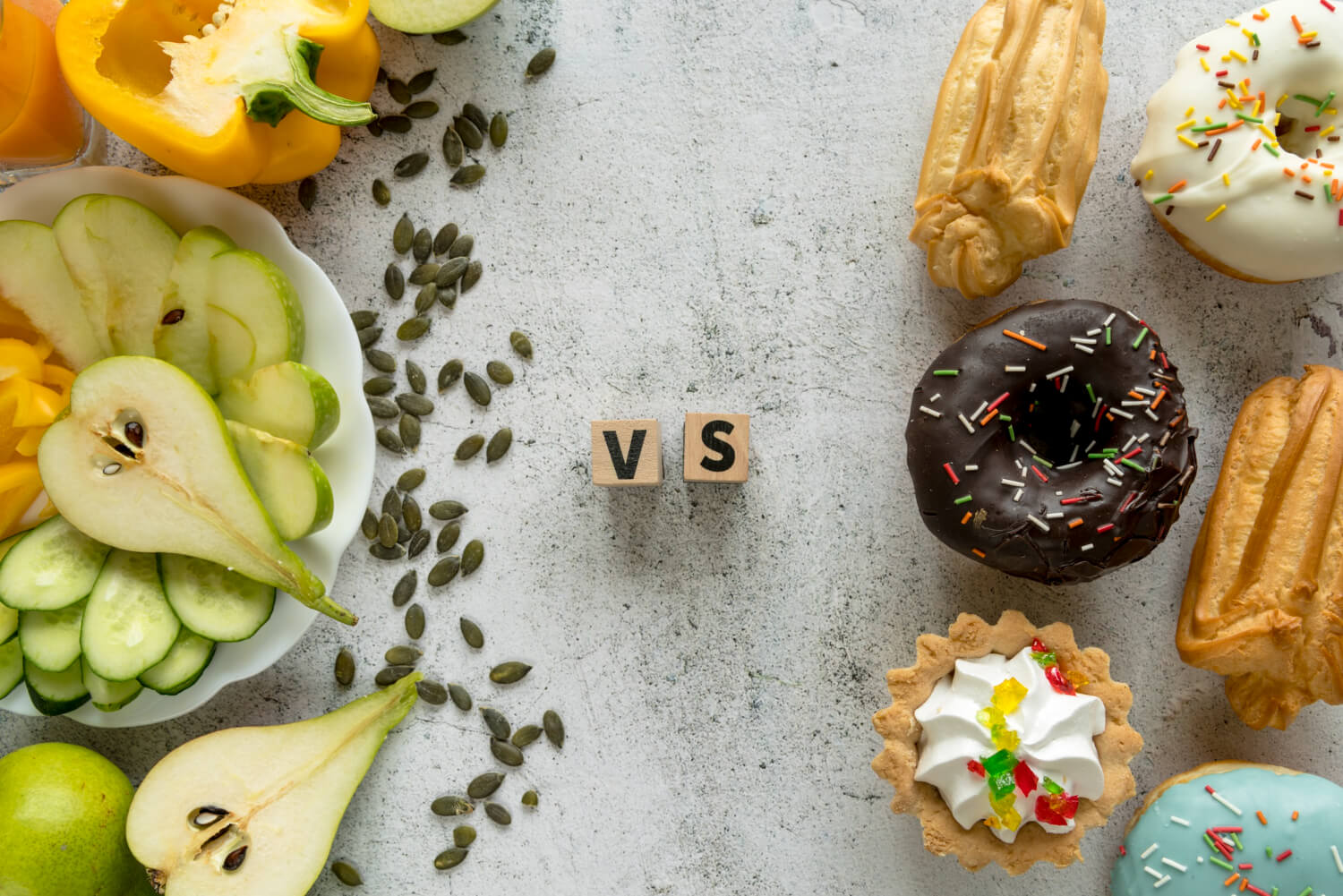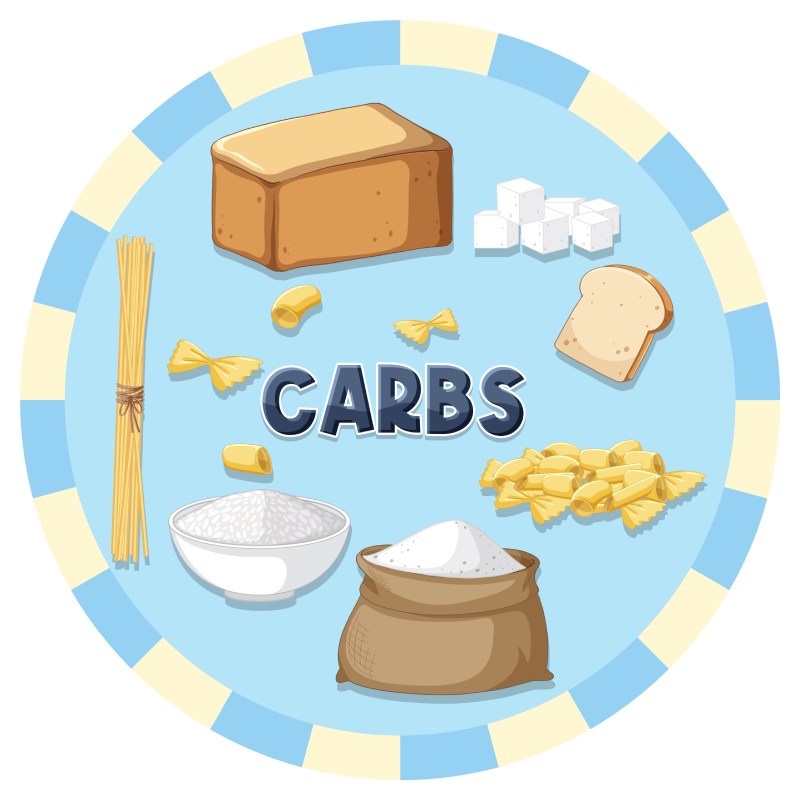Low-Carb vs. Low-Fat: Which Diet Actually Works Better for Weight Loss?

Weight loss is a topic filled with debates, and few are as popular as the battle between low-carb vs. low-fat diets. For decades, nutrition experts, doctors, and fitness coaches have studied these approaches to determine which is more effective. According to a 2018 study published in JAMA, both diets led to significant weight loss when followed consistently, but results varied depending on personal health conditions and long-term adherence. So, what’s the real answer? Let’s dive into the details.
Understanding the Low-Carbs Diet
A low-carbs diet reduces the intake of foods like bread, pasta, and sugary snacks. Instead, it emphasizes protein, vegetables, and healthy fats. The idea is to push your body into burning fat for fuel rather than relying heavily on glucose from carbs.
Common low-carbs foods include:
- Eggs and lean meats
- Leafy greens like spinach and kale
- Nuts and seeds
- Avocados and olive oil
Research suggests that reducing carb intake can improve insulin sensitivity and may help shed extra pounds faster in the early stages of weight loss. However, success depends on consistency and balancing nutrient intake.
Benefits of the Low-Fat Diet
On the other hand, a low-fat diet emphasizes cutting down on foods like fried items, fatty meats, and full-fat dairy products. The focus shifts to whole grains, fruits, vegetables, and lean proteins.
A 20-year Harvard study found that diets rich in healthy carbs and lower in saturated fat contributed to a reduced risk of heart disease and helped maintain long-term weight stability.
Why some people prefer low-fat:
- Easier to sustain for those who love carbs
- Typically includes a wide variety of plant-based foods
- Backed by decades of research for heart health benefits
Low-Carb vs. Low-Fat: What Science Says
When comparing low-carb vs. low-fat diets, research consistently shows both approaches can work - but neither is a magic bullet. The difference lies in personal metabolism, preferences, and lifestyle.
- Low-carbs diet tends to produce quicker short-term weight loss because it reduces water retention and lowers insulin levels.
- Low-fat diet often provides more dietary fiber, which keeps people full and supports long-term adherence.
If you’re feeling overwhelmed choosing between these diets, consulting experts can make your journey smoother. Aura The Diet Clinic offers personalized plans that match your lifestyle rather than forcing you into one strict mold.
The Role of Low-Carbs Foods in Weight Loss
For individuals leaning toward a low-carbs diet, knowing which foods to prioritize is key. Low-carbs foods not only reduce calorie intake but also provide sustainable energy.
Here are some smart swaps you can try:
- Replace white rice with cauliflower rice
- Switch to almond flour instead of wheat flour
- Snack on Greek yogurt instead of sugary desserts
These small changes can make the transition less intimidating and more effective for weight management.
Sustainability Matters More Than Restriction
One of the main reasons diets fail is because they are too restrictive. While comparing low-carb vs. low-fat approaches, the real deciding factor is whether you can follow it long-term. Weight loss should not feel like punishment.
Experts recommend focusing on whole, nutrient-dense foods, regardless of whether they are low-carbs foods or naturally low in fat. Building a healthy relationship with food ensures better results than chasing quick fixes.
Unsure which plan aligns with your body’s needs? Aura The Diet Clinic provides tailored guidance, helping you make confident choices without the stress of trial and error.
Which Diet Should You Choose?
Ultimately, the low-carbs diet and the low-fat diet can both be effective, but success depends on:
- Your health conditions (like diabetes or high cholesterol)
- Your personal food preferences
- Your ability to stick to the diet consistently
If you enjoy bread, pasta, and grains, the low-fat diet may feel more realistic. If you prefer proteins, vegetables, and rich flavors, the low-carbs diet could suit you better.
Final Thoughts
The low-carb vs. low-fat debate has no one-size-fits-all answer. Both approaches come with unique strengths, and both can promote weight loss when done correctly. Instead of getting caught up in diet labels, the real key is sustainability and balance. Small, steady lifestyle changes often deliver better results than strict short-term restrictions.
For anyone feeling unsure, seeking professional advice is the smartest step. Expert guidance from places like Aura The Diet Clinic ensures your weight loss plan is safe, personalized, and designed for lasting success.
Related posts
- PCOS Diet Chart for Weight Loss & Hormone Balance
The Indian Journal of Endocrinology and Metabolism says that Polycystic Ovary Syndrome...
- Weight Loss Diet for People with Allergies & Food Intolerances
Finding the right weight loss diet can be overwhelming for anyone, but when food...
- Do Carbs Really Make You Fat? The Truth
For decades, carbohydrates have been blamed as the enemy of weight management. From...




